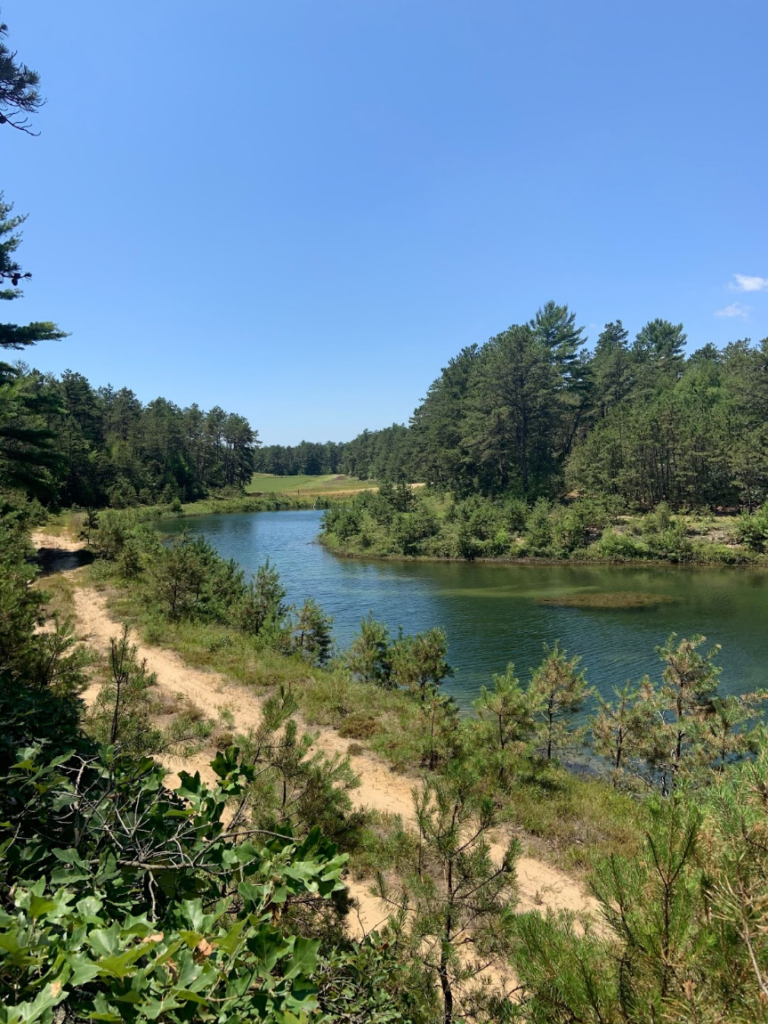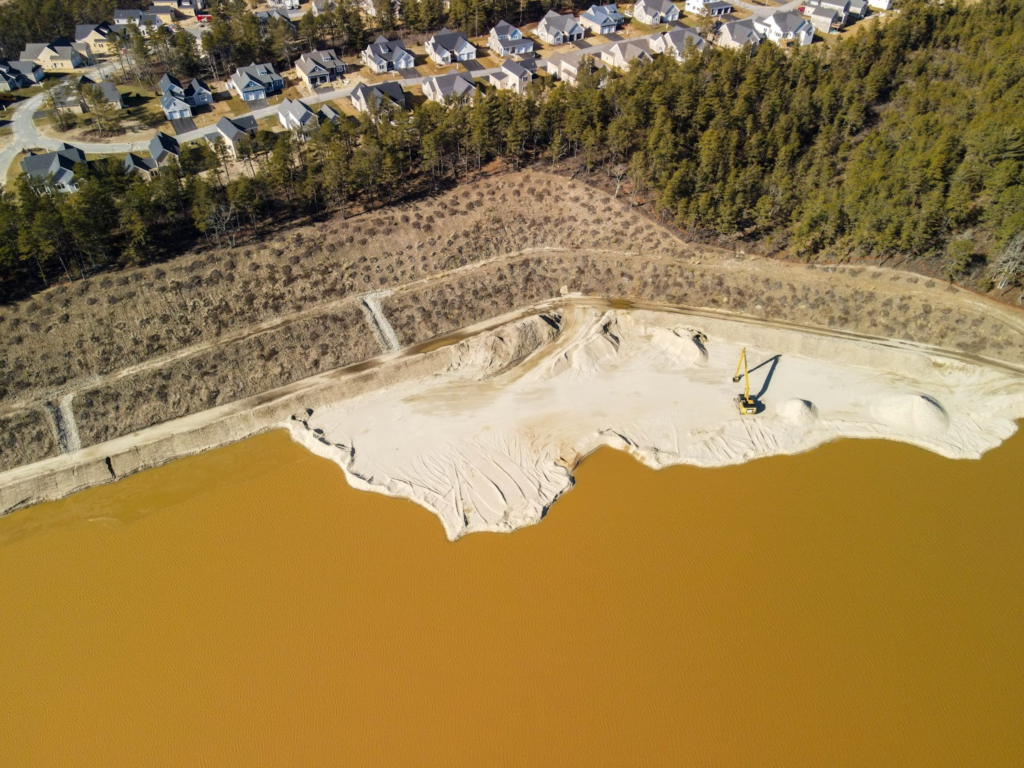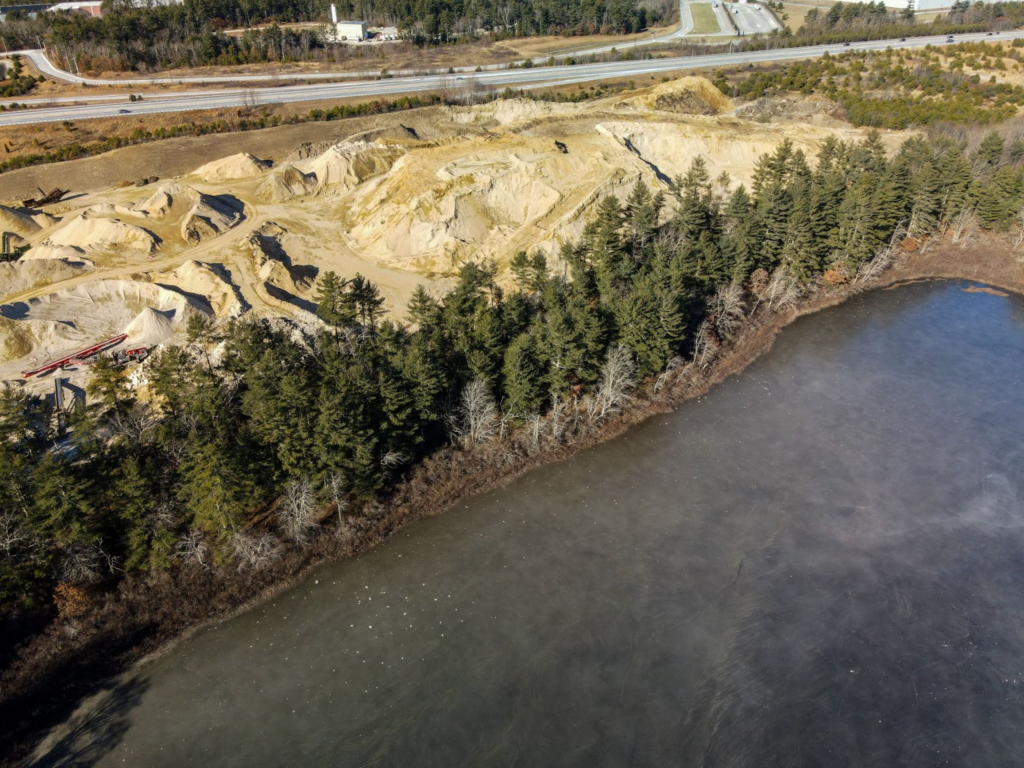Water Quality

Our region relies on a single source of water, the Plymouth-Carver sole-source aquifer, to provide drinking water to over 200,000 people in seven towns. This water is either pumped by municipal supply wells to treatment and distribution systems, or, for many people, pumped directly from the aquifer into their homes, like straws into an underground lake. Residents of this area have relied on the clean water of the aquifer for thousands of years for their livelihoods, but the quality of this water is under threat. If contamination were to occur, it would pose a serious threat to the area’s residents.
Our aquifer is an underground layer of permeable sediment that holds and transmits groundwater. It is the only source of drinking water Plymouth, Carver and Bourne, and parts of Wareham, Middleborough, Plympton and Kingston, but it is vulnerable to contamination from various sources. Other areas of Massachusetts rely on drinking water treatment and distribution systems for clean water, but southeastern Massachusetts relies on the natural filtration of the forests and sand to keep its water clean.
Threats to water quality in our aquifer include agricultural run-off, industrial sand and gravel mining, landfills, septic systems, and saltwater intrusion.
Agricultural activities can introduce pesticides, fertilizers, and other chemicals into groundwater. These chemicals can seep into the soil and enter the aquifer, contaminating the water.
Industrial processes such as mining and waste disposal can also release toxic chemicals into the environment. These chemicals can easily infiltrate the groundwater and pollute the aquifer.
PFAS and Dioxane 1,4 have emerged in state and private testing of the wells. The EPA has linked these chemicals to cancer, kidney disease and liver disease. PFAS likely leached from the Carver Municipal Landfill, an unlined landfill which poses a threat to groundwater quality.
Many residents use septic systems, which can introduce bacteria, viruses, and other pathogens into the groundwater, making it unsafe for consumption.

Over-pumping of municipal supply and private water system wells particularly in the Atlantic watershed can cause saltwater intrusion into our drinking water supply. Once this occurs, it is not easily reversed.
Our aquifer is highly vulnerable to contamination due to its permeability. As a region, we need to be aware that contaminants can be rapidly introduced into the aquifer system from a number of sources such as the following: chemical spills; highway, urban and rural runoff; septic systems; leaking storage tanks, both above and underground; road salting operations; saltwater intrusion; and landfill leachate. We need to take protection of our aquifer seriously, before wide-spread contamination occurs, because a serious contamination incident could pose a significant public health hazard.

